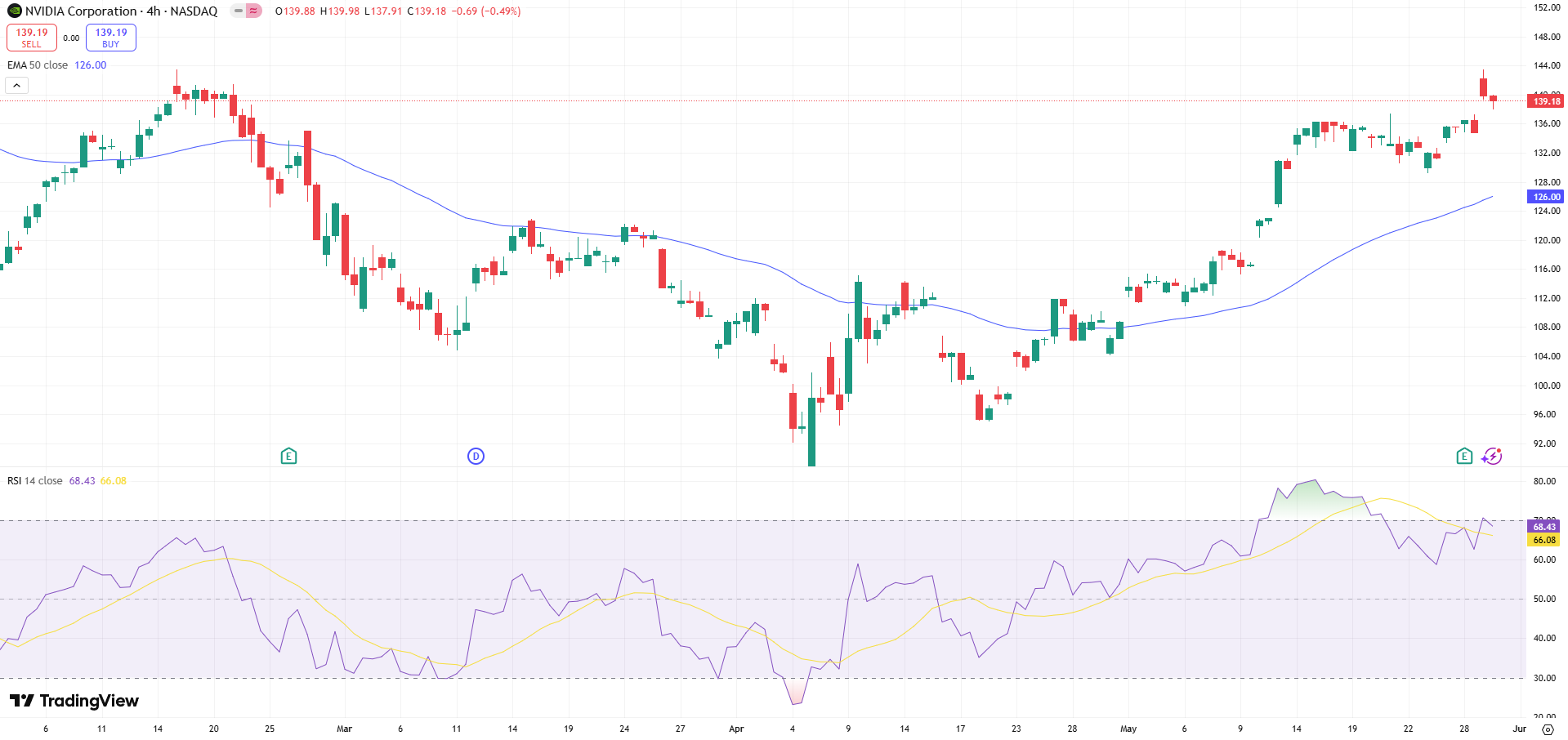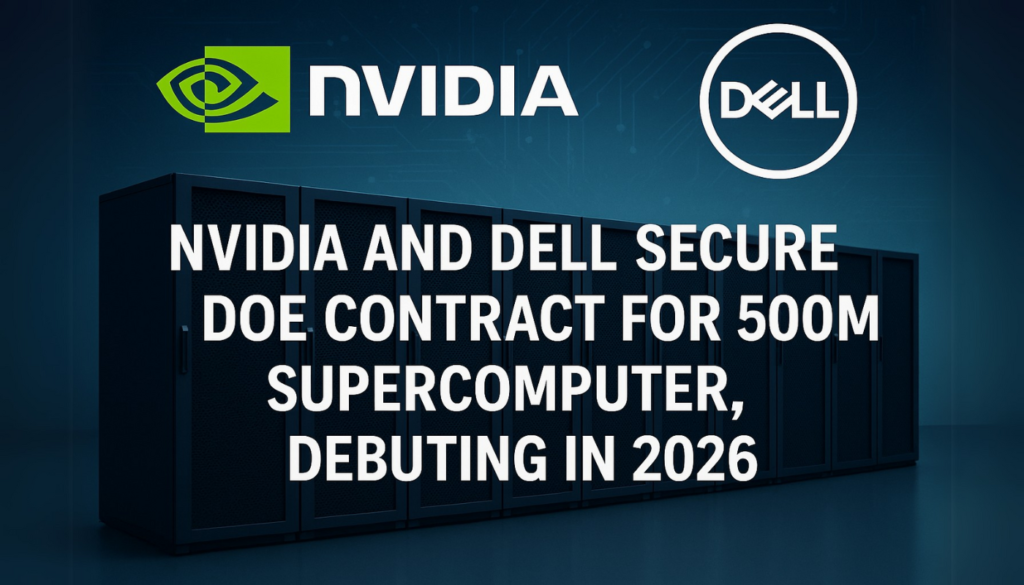The U.S. Department of Energy (DOE) announced Thursday that Nvidia (NASDAQ:NVDA) and Dell Technologies (NYSE:DELL) will provide core technology for its upcoming supercomputer, “Doudna.” Expected to launch in 2026 at Lawrence Berkeley National Laboratory, the machine will be instrumental in scientific research and national security.
Named after Nobel laureate Jennifer Doudna, renowned for her pivotal CRISPR gene-editing work, the system will leverage Nvidia’s cutting-edge Vera Rubin chips, integrated into liquid-cooled Dell servers. Designed to support approximately 11,000 researchers, the $500 million project highlights the DOE’s commitment to advancing computational science.
Key figures from the event included DOE Secretary Chris Wright, who emphasized the supercomputer’s role in bolstering discoveries across disciplines like physics, chemistry, and biology.
Supercomputers: Vital Tools for Science and Security
DOE supercomputers are not merely academic tools—they play a pivotal role in maintaining U.S. national security. These machines assist in modeling nuclear weapons and advancing clean energy solutions.
Key takeaways from the announcement:
- The Doudna system will support approximately 11,000 researchers.
- Liquid-cooled Nvidia chips will enhance energy efficiency and performance.
- The DOE’s supercomputing capabilities are crucial for scientific innovation and national defense.
Nvidia CEO Jensen Huang underlined the broader implications: “The scientific supercomputer is one of humanity’s most vital instruments. It fuels knowledge discovery, economic competitiveness, and national security.”
Political Backlash and Export Control Concerns
Despite the celebratory tone, the announcement occurred amid tensions over Nvidia’s China strategy. Just a day prior, Huang praised President Trump while criticizing U.S. export controls on AI chips to China, which he claimed cost Nvidia billions in revenue.

The situation escalated with Senators Jim Banks and Elizabeth Warren sending a letter raising national security concerns over Nvidia’s plan to open an R&D facility in Shanghai. Meanwhile, Senator Tom Cotton took to social media, warning, “Keeping advanced AI chips out of the hands of the Chinese Communists isn’t about business, it’s a national security issue.”
These political pressures, combined with the Doudna supercomputer’s debut, underscore the intertwined nature of technology, geopolitics, and national security. As the Doudna project takes shape, its success will be a bellwether for the balance of science and security in the AI era.


